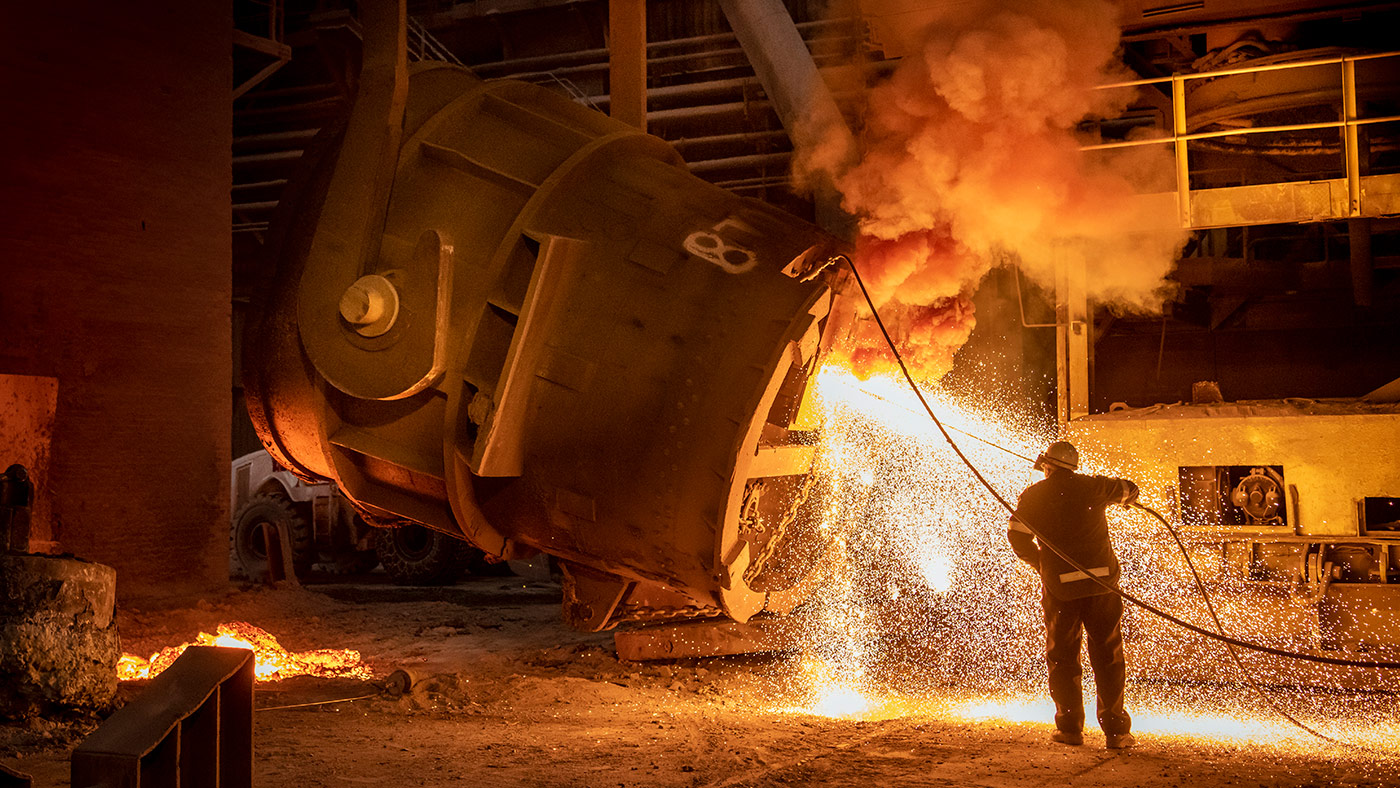The end of energy life-support: bad for business?
Companies have lost their guaranteed handouts – but it’s a relief for the taxpayer

A free daily email with the biggest news stories of the day – and the best features from TheWeek.com
You are now subscribed
Your newsletter sign-up was successful
This week Jeremy Hunt enacted “the latest cut of his short tenure as Chancellor”, said Alex Lawson in The Observer. Once again, he moved to rein in the largesse of his predecessor Kwasi Kwarteng: in this case, the energy bill relief scheme for “non-domestic” customers. Hunt’s message to business was “unapologetically blunt”, making clear that the existing package was “unsustainably expensive” and that, after March, support would continue only at a much lower level.
The main change, said BBC Business, is that energy costs will no longer be “capped”. Companies will instead receive “a discount on wholesale prices” when energy bills are high – with heavy users, such as the glass, ceramics and steel industries, getting the largest discounts. To the extent that the notion of a cap has been retained, it is now based on what the Government is prepared to spend. Hunt confirmed a maximum support package of £5.5bn over the year from April – down from an estimated £18bn over the six months of this winter.
The Federation of Small Businesses described the announcement as a “huge disappointment” that could spell “the beginning of the end for tens of thousands of small businesses”. Luckily, “the unusually mild winter” has prompted sharp falls in wholesale prices, said The Times.
The Week
Escape your echo chamber. Get the facts behind the news, plus analysis from multiple perspectives.

Sign up for The Week's Free Newsletters
From our morning news briefing to a weekly Good News Newsletter, get the best of The Week delivered directly to your inbox.
From our morning news briefing to a weekly Good News Newsletter, get the best of The Week delivered directly to your inbox.
If it hadn’t, you can bet the language would have been stronger. But, as ever with these schemes, the devil lies in the detail, said the FT. Because some companies signed fixed-cost contracts when prices were higher, many may be paying similar costs from April, but with “a massive reduction in support”, according to Investec analyst Martin Young.
The biggest worry among industry groups, though, is that “the flat-rate discount will not give enough protection” if prices jump sharply again. Even after recent price falls, the new scheme means companies will typically pay “more than six times more for their energy than before the pandemic”.
There’s no question that this deal – worth £2,400 a year to the average pub – is “far less generous”, said Alistair Osborne in The Times. Even so, with the national debt now standing at £2.48trn, it’s in the “national economic interest” to stop subsidising businesses. “Britain is awash with zombie companies addicted to state handouts.” The taxpayer shouldn’t be propping them up. At least now they have an incentive “to get on with energy efficiency”.
Hunt’s new package is “broadly reasonable”, said Nils Pratley in The Guardian – at least for the time being. But if we’ve learnt anything over the past 15 months of volatile energy markets, it is that it pays to keep options open. “Tweaks and even serious overhauls may yet be needed.”
A free daily email with the biggest news stories of the day – and the best features from TheWeek.com